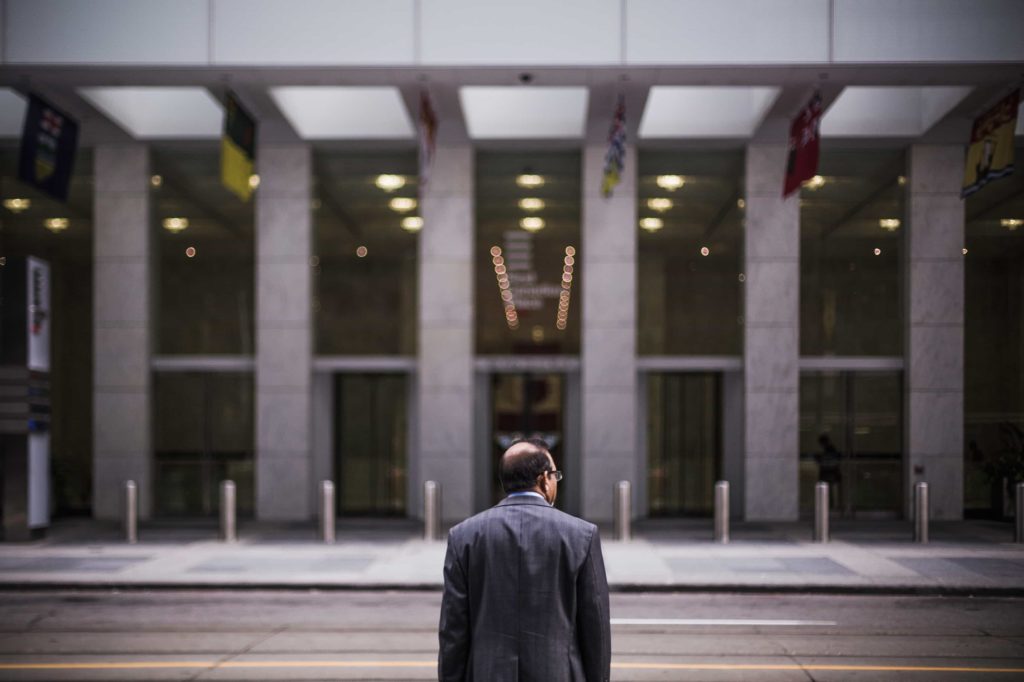
When a person has had a visa refused, there are several things they may need to consider, depending on their circumstances including:
- their immigration status (and ability to stay in Australia);
- their ability to apply for other Australian visas; and
- whether they can appeal the visa refusal decision.
If you’ve had a visa refused or rejected, it’s important to understand what the consequences are, what your options are with respect of staying in Australia, whether you can apply for further visas, and/or whether you should appeal the visa refusal.
The below discusses these considerations in further details below.
Your immigration status (and ability to stay in Australia)
Having a visa refusal can impact your current immigration status if you are in Australia at the time of refusal.
If at the time of visa refusal, you:
- hold a substantive visa – this visa should remain valid for its specified validity period. This means you can stay in Australia for the duration of that visa; or
- do not hold a substantive visa (for example, hold a Bridging Visa) – your Bridging Visa will cease within a certain timeframe of the visa refusal (usual 35 days).
The duration of time that your Bridging Visa would remain valid for, depends on certain factors such as when you were granted that Bridging Visa.
We recommend undertaking a Visa Entitlement Verification Online (VEVO) check to determine the validity of your Bridging Visa.
Your ability to apply for other Australian visas
Having a visa refused does not mean that you cannot apply for any further Australian visas. However, this does depend on why the visa was refused, and it can impact further visa applications.
The below is a discussion on whether you can validly apply for other visas if you are in Australia at the time of the visa refusal – which largely depends on whether you held a substantive visa at the time of the visa refusal. A substantive visa refers to a visa that is not a bridging visa (for example, a Student visa, a Visitor visa, a Graduate visa etc.)
If at the time of visa refusal, you:
- hold a substantive visa – you should be able to make further visa applications in Australia, while you are still the holder of that substantive visa; or
- do not hold a substantive visa (for example, hold a Bridging Visa) – you would be “barred” from applying for most other visas onshore.
This is known as a “section 48 bar”, which refers to s 48 of the Migration Act 1958. People who are subject to a s 48 bar can only apply for limited visas in Australia (which includes Partner, Protection, and certain skilled visas). You should seek legal advice if this applies to you.
Can I appeal my visa refusal?
Unfortunately, this is not a straightforward answer. Most visa refusal decisions do have the right to be appealed to the Migration & Refugee Division of the Administrative Review Tribunal (ART), particularly if your visa was refused in Australia.
Some visa decisions are not reviewable if they were lodged offshore (usually where there is no sponsor in Australia).
We have published seperate articles on how to appeal a visa refusal and tips on the appeal process. Appropriate considerations are likely to be with respect of the reasons for the visa refusal, and whether such an appeal would have prospects of success.
Conclusion
The process of going through a visa refusal is very stressful. Its important to consider whether in your circumstances, you can (or should) apply for another visa, appeal the visa refusal, or leave the country.
Hannan Tew Lawyers have assisted a significant number of individuals at the Tribunal with their visa refusals and appeals. Our lawyers have significant experience from working at the Litigation and Review department at the largest immigration firms, and working for Government panel law firms that represent the Minister in appealing visa refusals. We’re deeply familiar with the Tribunal process and have significant experience in guiding individuals from visa refusal all the way through Tribunal decision.
Please feel free to contact us by email at [email protected] or phone +61 3 9016 0484 if you’d like some guidance or assistance with the next steps.


Thank you for your sharing. It would be great if you can help to answer my questions. I am holding a visitor subclass 600 / student dependent visa subclass 500, will my current visa be invalid if my student visa subclass 500 is refused?
Thank you.
Hi Tuong,
Thank you for your email.
Your current visa should remain valid until it’s expiry, even if you were to recieve a 500 visa refusal.
It’s important to strategise correctly though, so feel free to email us at [email protected] if you want to discuss in more detail.
Kind regards,
Hannan Tew